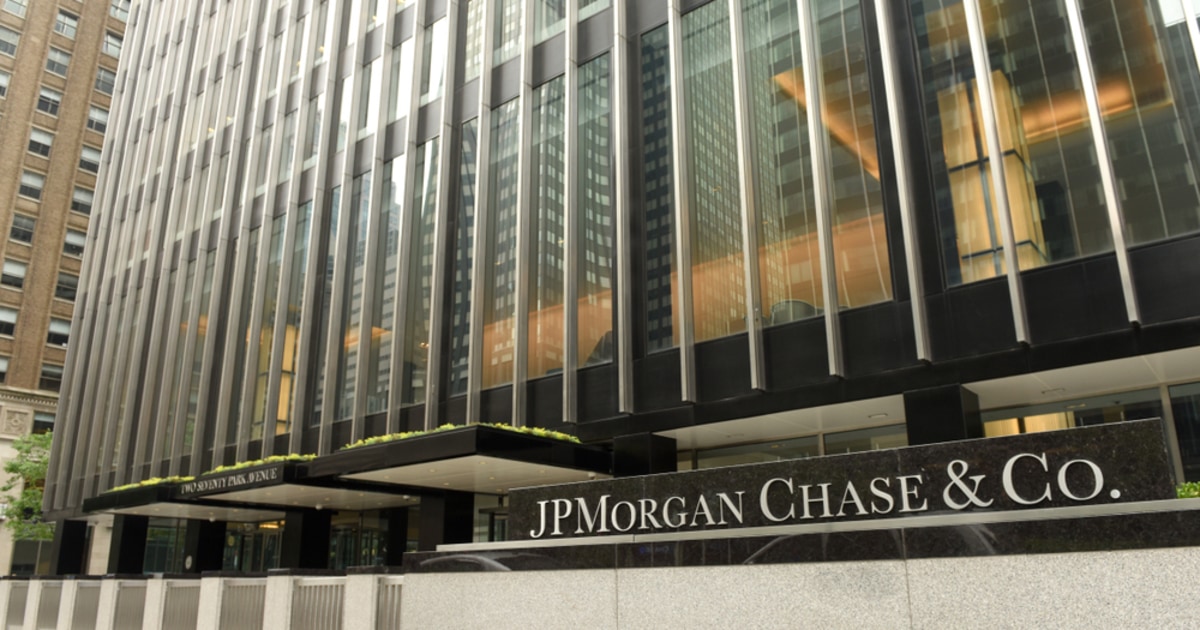As the global banking crisis continues to fuel concerns among investors, the popularity of US money market funds is surging. According to Emerging Portfolio Fund Research (EPFR) data obtained by the Financial Times, more than $286 billion has been invested in these funds so far in March. The inflows are the highest seen in a month since the emergence of the Covid-19 pandemic.
The top beneficiaries of this trend are Goldman Sachs, JPMorgan Chase, and Fidelity. The figures show that Goldman Sachs’ money funds have grown by 13%, receiving $52 billion in investment. JPMorgan’s funds have seen inflows of nearly $46 billion, while Fidelity has enjoyed nearly $37 billion in investment. These funds are offering their best yields in years, as the US Federal Reserve continues to raise interest rates in a bid to curb inflation.
Money market funds are a popular choice for investors during uncertain times because they offer high liquidity and low risk. The current crisis in the banking sector has only served to amplify these qualities. The fear of liquidity constraints and potential bank failures has caused many investors to seek out safer investments, and US money market funds are delivering the kind of stability that investors crave.
In the seven days leading up to March 22, total money market fund assets increased by $117.42 billion to $5.13 trillion, according to a report from the Investment Company Institute. Government funds increased by $131.84 billion, while prime funds decreased by $10.83 billion. Tax-exempt money market funds shrank by $3.61 billion.
The influx of cash into money market funds is driven by fears surrounding the health of the financial system. Banks in the US and Europe are facing liquidity constraints as monetary policy tightens, and investors are wary of the potential risks associated with these developments.
For example, on March 24, shares of Deutsche Bank dropped due to an increase in the cost of insuring against its potential default risk. The bank’s five-year credit default swaps (CDS) climbed 19 basis points from the previous day, closing at 222 bps, according to Reuters, citing S&P Global Market Intelligence data. Meanwhile, in the US, there is still uncertainty surrounding regional banks, as insurance on default for financial services firms Charles Schwab and Capital One soared last week. The latest data shows that credit default swaps jumped over 80% to 103 bps as of March 20.
The surge in popularity of money market funds underscores the ongoing concerns of investors in the face of a global banking crisis. With interest rates continuing to rise, and fears of liquidity constraints and bank failures mounting, it seems likely that this trend will continue in the months ahead.
Credit: Source link




























